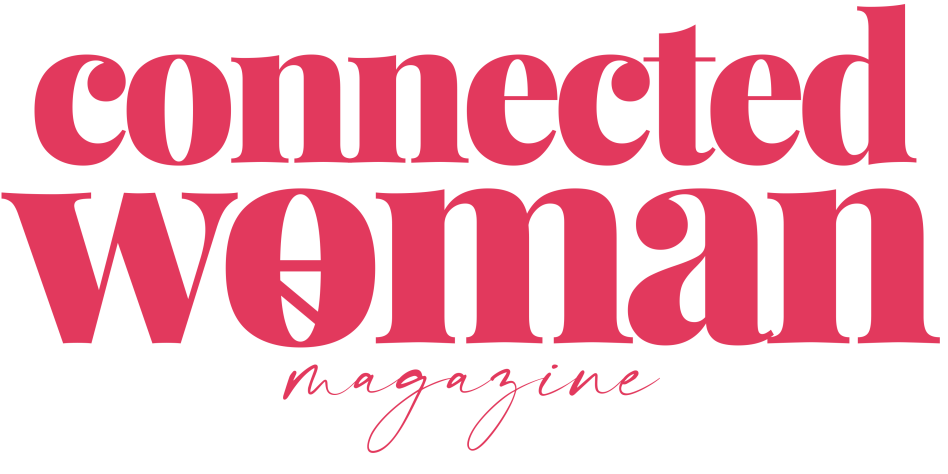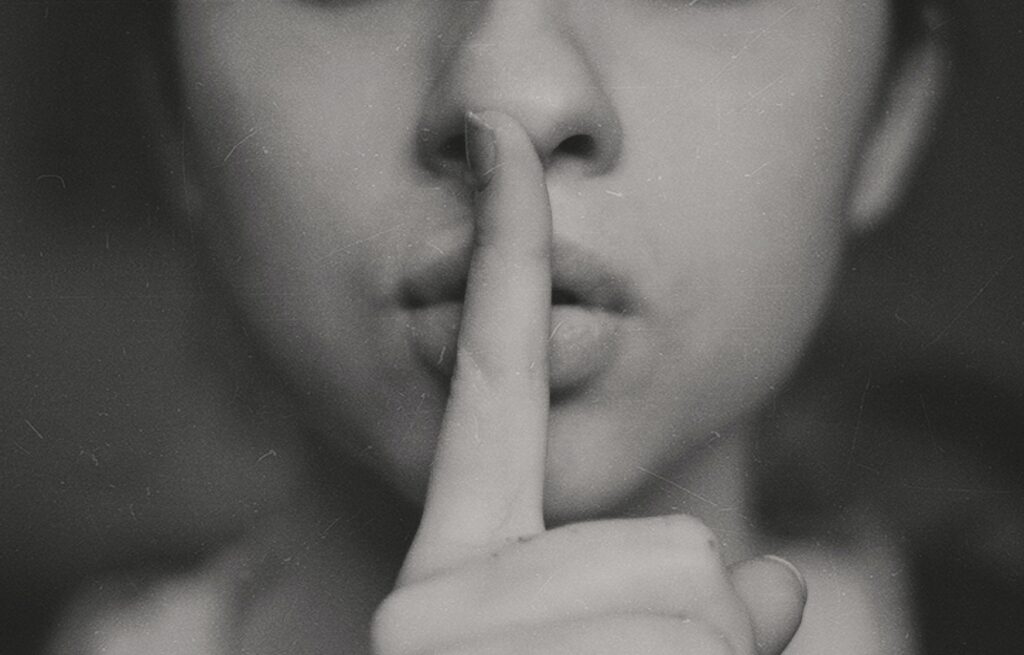 You would think that your first crush or first love would be exactly what it says your first love. But that is not true.
You would think that your first crush or first love would be exactly what it says your first love. But that is not true.
The definition of love is an intense feeling or deep affection.
And sometimes love can be healthy and/or unhealthy.
That depends on our experience from our true first love, which is that person you’ve spent your first decade with. Your mother…
Our first love is our parents, whether they were supermom or that “Where in the World is Camron San Diego” mom?
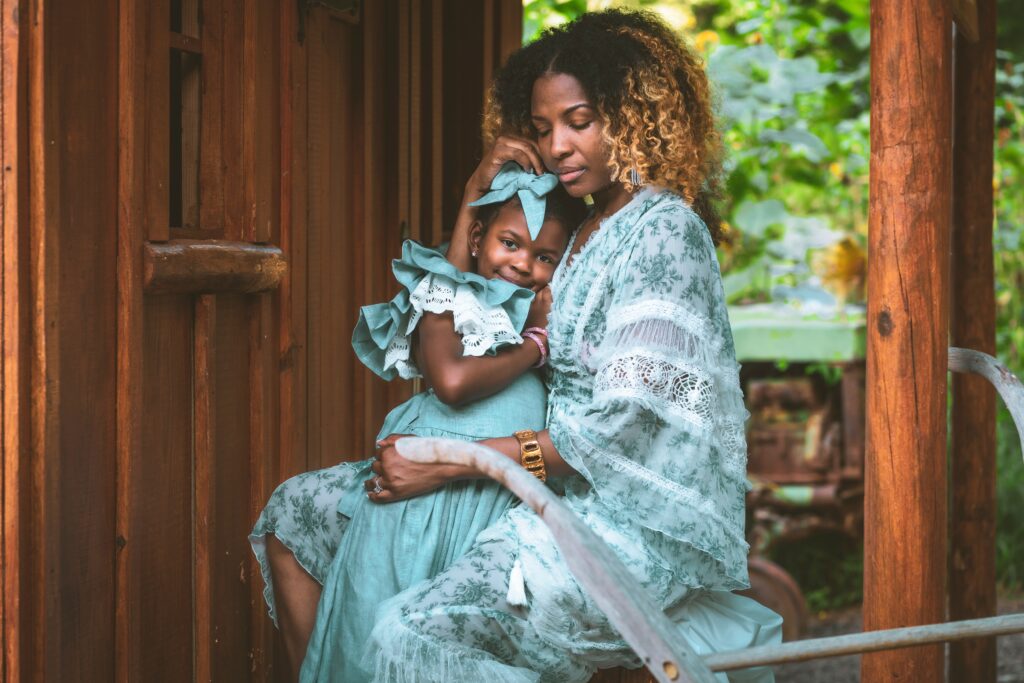 A mother’s love is such a desire need for both female and male, and when you experience a mothers wound that creates a trauma that bleeds into other relationships.
A mother’s love is such a desire need for both female and male, and when you experience a mothers wound that creates a trauma that bleeds into other relationships.
When a person suffers from mother wounds, they tend to feel obligated to take care of their mother. This is where love can be unhealthy. Understanding that you have love for you mother, but you are more now being their mother due to the pain of their mother, embedded in them, through the pain of her mother, and the pain of her mother’s mother, and her mother’s mother. Down through the generations, consciously or not, this pain has been passed on in the patterns of the psyche.
The mother wound isn’t an actual mental health diagnosis, according to clinical psychologist Jennifer Wolkin, Ph.D., but she describes it as a form of intergenerational complex trauma. “You are highly impacted by your mother’s own trauma response. In a way, you bond with your mother’s trauma, including her limiting beliefs and coping mechanisms,” she explains.
Who are normally affected by this?
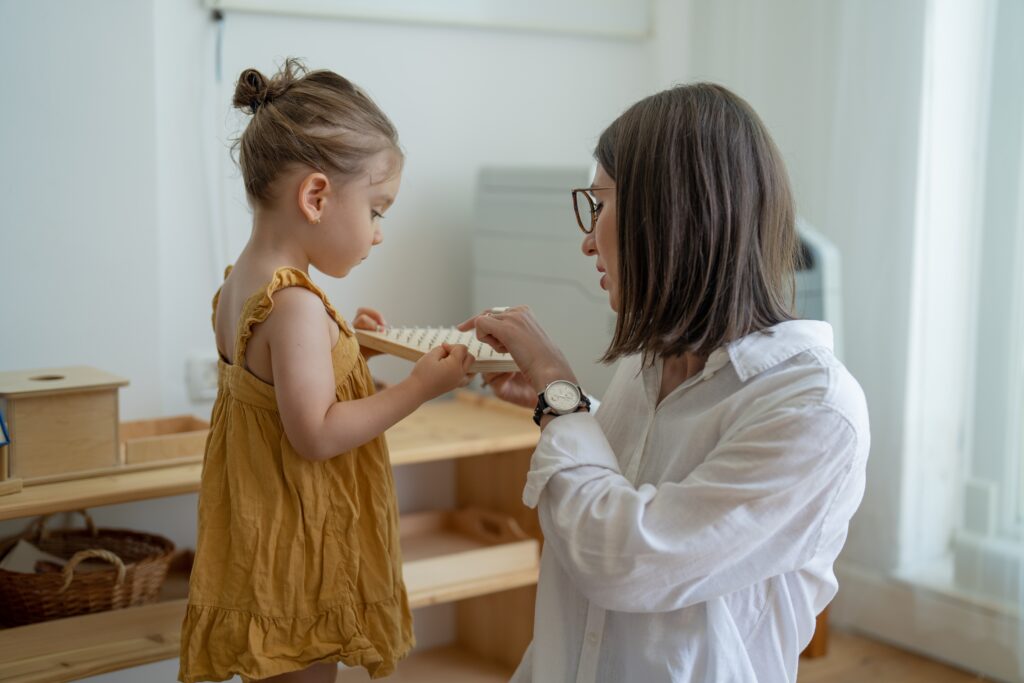 This is a mother-daughter phenomenon that is generally affected by the matriarch of the family. Commonly in communicates of women of color, women from immigrant families, or those living in poverty since society usually conditions those populations to deny their feelings out of survival, a pressure to be perfect, or a need to appear strong.
This is a mother-daughter phenomenon that is generally affected by the matriarch of the family. Commonly in communicates of women of color, women from immigrant families, or those living in poverty since society usually conditions those populations to deny their feelings out of survival, a pressure to be perfect, or a need to appear strong.
I discovered, bit by bit, the buried truth of my being as soon as I got into a romantic relationship–I would turn into someone that desire the emotional support. The mother wound comes from what girls witness from their mothers in their formative years. Women are often taught to prioritize relationships above all else, and seeing their mother conforming to these pressures, they, too, learn to believe that accessing their power will somehow damage their connection with others. This belief creates a psychic limitation on who they want to be.
This was a hard pill to swallow for me. I know I wanted to make sure I make my mother proud, make sure I exceeded what she was not able to do now. She invested her time and love to me and focus on my upbringings and not take care of her.
Knowing now the trauma she endures on wanting the love from
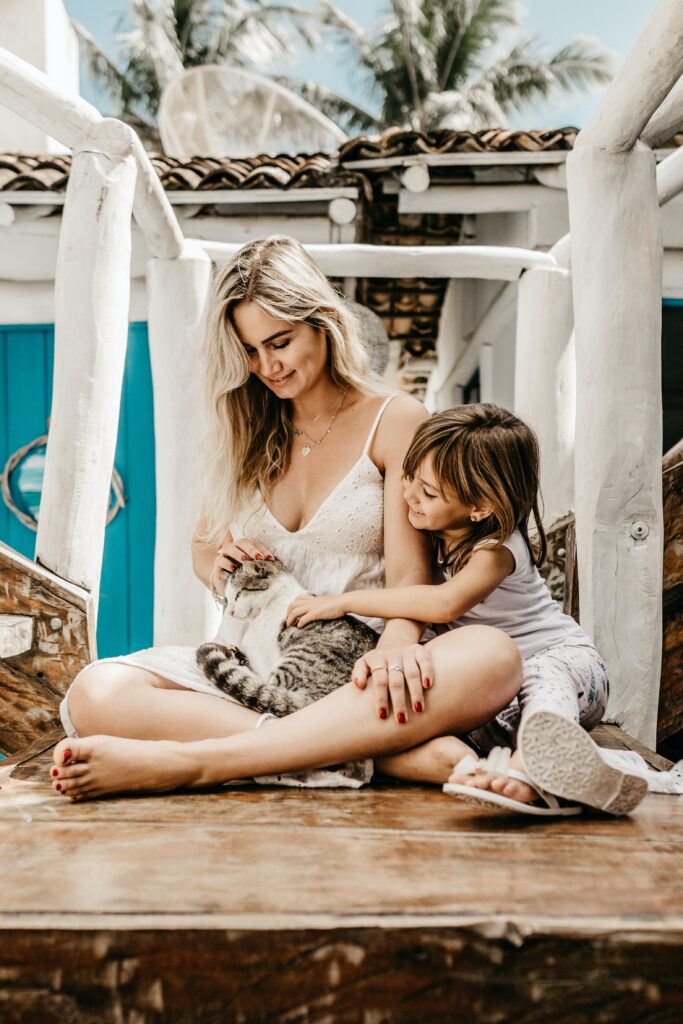
her mother at a young age. As she was older, she was able to instill that relationship, but it was the childhood trauma that cause my mother to love my siblings the way she loved us. To some who is asking, what was so bad? I love and still do love the way my mother loves me. I constantly give the love my mother’s has given me love towards those in my life. But she was hurting when she was loving us, she longed for her mother love at a childhood age, and due to her not being there, she made sure that her children do not lack or question her love.
“The mother wound includes the pain of:
Comparison: not feeling good enough
Shame: consistent background sense that there is something wrong with you
Attenuation: Feeling you must remain small in order to be loved
Persistent sense of guilt for wanting more than you currently have.
Understanding the trauma of mother wounds, made me realized that my husband suffered from mother wounds, where his mother carried the traits of my mother’s mother. I questioned is that why he was attracted to me, because I was a woman, he desires to love him like his mother?
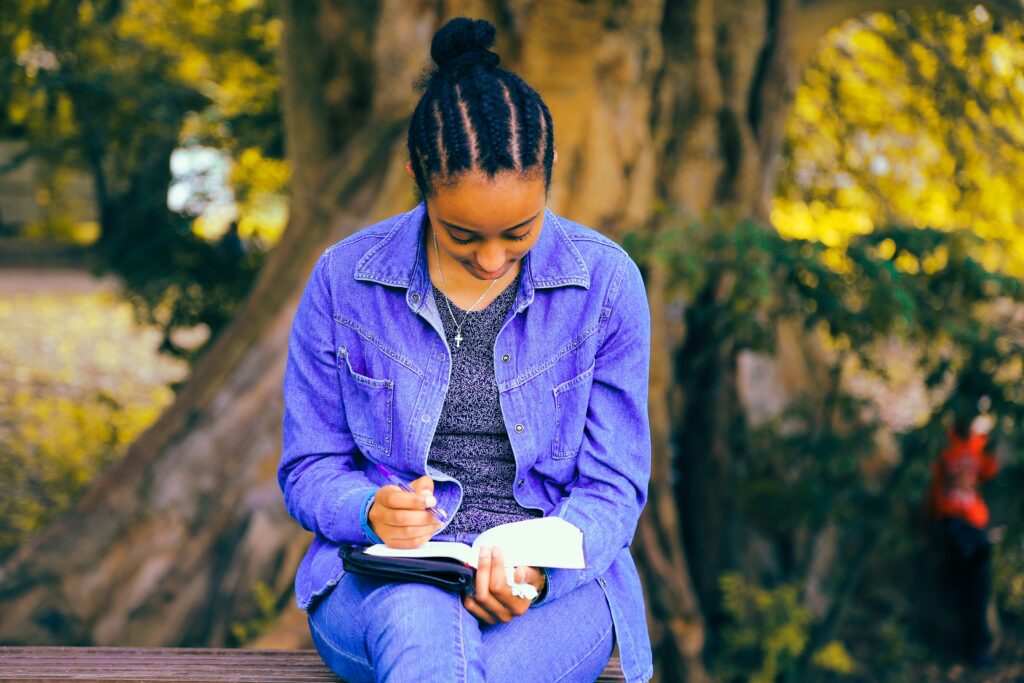 I ask this a lot a few years ago, wondering if we inherit our mothers’ wounds in our relationship. My partner stated that he was attracted to me, because I loved him the way he wanted to be loved, but I stated I am not your mother, I am your wife. So, when I desired to have the emotional support as a husband, I was not able to receive that because I was healing my partner from mother wounds.
I ask this a lot a few years ago, wondering if we inherit our mothers’ wounds in our relationship. My partner stated that he was attracted to me, because I loved him the way he wanted to be loved, but I stated I am not your mother, I am your wife. So, when I desired to have the emotional support as a husband, I was not able to receive that because I was healing my partner from mother wounds.
Here are some examples that you’re likely living with the mother wound, according to Macaluso and other experts:
• Feeling pressure to adhere to strict expectations of womanhood
• Caretaking others to the point of resentment and exhaustion
• Never actualizing your full potential in case it threatens others
• Never actualizing your full potential out of fear of failure or disapproval
• Persistent, vague sense that there’s something shameful and wrong with you
• Feeling pressured to live out the unlived dreams of your mother, even if it means not being true to yourself
• Resentment and bitterness at your own children
• Unconsciously waiting for your mother’s permission or approval of your life choices
• Unrealistic expectations in a relationship and feeling relentlessly needy with others
• Feeling unsafe to take up space and express yourself, and instead wanting to play small
• Weak boundaries, an unclear sense of self, and/or feelings of low self-worth
• Inability to practice foundational self-care and ask for and receive support
• Allowing and accepting poor or abusive treatment from others
• Never feeling good enough no matter what you seem to do
• Other learned coping mechanisms related to fear of experiencing gender-based violence or hatred
All the love my mother has given me, I was pouring into him, and I was draining and exhausted, I begin to not enjoy love, begin to question why would my mother, pour her love so much that now I love so hard because of the love she did not get from her mother.
Healing through the wounds
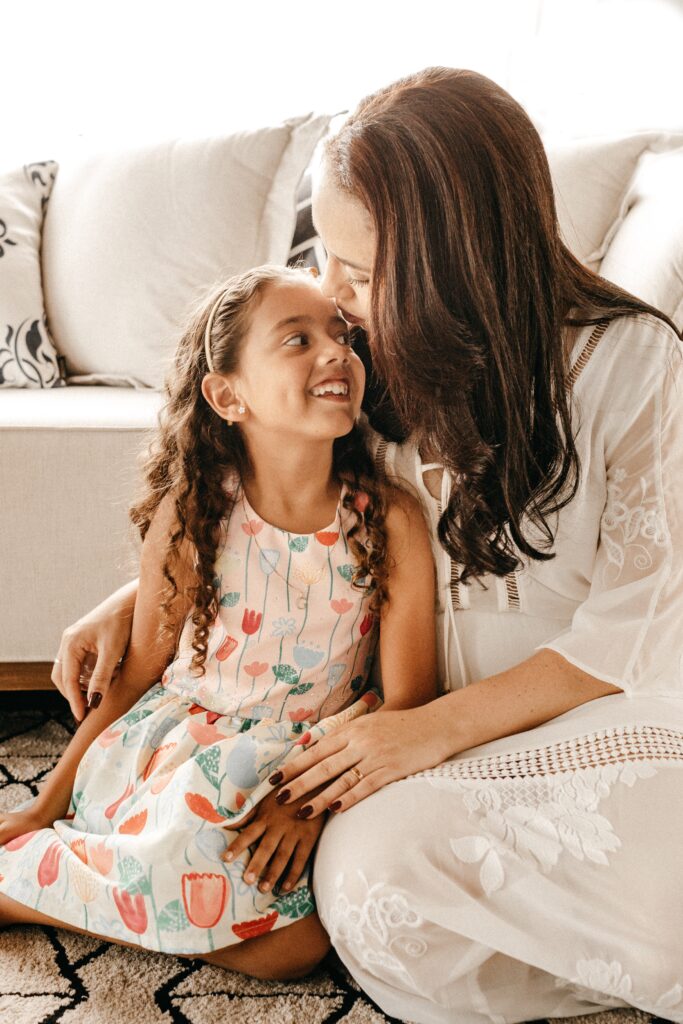 When you are triggered or reactive, what’s really happening is that your younger self is searching for a felt sense of safety. What is most needed in that moment is to soothe the little you. This is something therapy and spiritual guidance has helped me assist with my family.
When you are triggered or reactive, what’s really happening is that your younger self is searching for a felt sense of safety. What is most needed in that moment is to soothe the little you. This is something therapy and spiritual guidance has helped me assist with my family.
Healing your mother wound is an opportunity to alchemize your past traumas and recreate a safe relationship with yourself that no longer holds you back. While it can be painful to acknowledge the generational impact of the mother wound, know it’s not your fault.
My partner does not see as his mother, but we communicate effectively and discuss our feelings appropriately and not comparison. My mother does not see me as her mother, but daughter.
Now, this has changed.
Now, I recognize I am my own source of love and understanding the healthy balance of the love I pour out and it is my responsibility to meet my own needs.
No longer do I seek out a partner to fill the empty hole and take care of me
The mystery has been solved and I am becoming the woman I always believed myself to be.
If your experiencing trauma from father and mother wounds please check out website BetterHelp .
